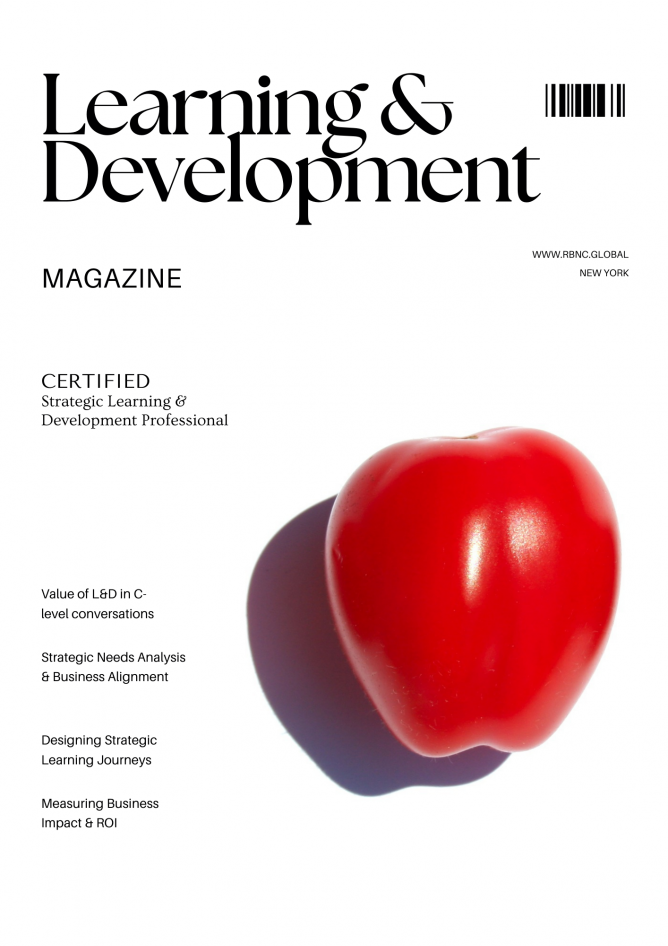Mergers & Acquisitions Masterclass
Introduction
This comprehensive program offers participants a deep dive into the M&A process, covering every stage from deal origination to post-merger integration. Through interactive lectures, real-world case studies, and practical exercises, participants will develop the knowledge and skills needed to effectively manage and execute complex M&A transactions.
How you will benefit
- Detailed understanding of the M&A process, identification, analysis of investment, modelling, due diligence, structuring, negotiation and post-integration processes from the seller as well as buyer perspectives
- Clear understanding of the critical processes, challenges and issues faced in the industry as well as being able to differentiate between various transaction structures, their implications and provide an explanation on how to analyze and negotiate and close the M&A transactions
- Case studies discussion
Who should attend
All individuals who want to improve their knowledge and further develop their professional skills in the private equity space
What you will cover
- What constitutes M&A?
- How M&A is different from Strategic Alliance
- Summary of M&A processes -identification, due diligence and acquisition, documentation, Integration
- Why do companies M&A?
- Strategic and Tactical Reasons for doing M&A
- Various Types of M&A
- Pitfalls and advantages for these Strategic decisions
- Key Parties Involved
- Pre-requisites to an M&A
- Critical Success Factors and pitfalls to avoid
- Steps by Step Approach in M&A
- Why analyzes the Industry?
- How to identify the target companies and approach
- Various Criteria to be applied to the Target
- Build and Critical combined statements
- How to integrate the data of two companies and build the synergies of the combined entity
- Financial Analysis and Effects of M&A
- Calculation of Purchase Price Consideration and Goodwill
- Sources and Uses of Fund
- Shareholding and its impact due to dilution of shares
- Detailed EPS calculations, including the pitfalls to avoid
- EPS Accretion/Dilution calculation and analysis
- Analysis - Combined financial statement
- Analysis of Shares, convertibles, preference shares outstanding of the combined entity
- Exchange ratio calculation
- EPS Accretion/Dilution Analysis
- Valuation Methods and adjustment of various premiums and discounts
- Discounted Cash Flow Adjusting for Synergies
- Types of Sensitivity Analysis in the M&A valuation
- 1-D Sensitivity Analysis
- 2-D Sensitivity Analysis
- One Stage vs Multi-Stage Models
- Process of valuation based on comparative multiples – Compilation, adjustments, and rationalization
- Characteristics of Multiples
- Comparable Companies Analysis Pros and Cons
- Enterprise value multiples – Equity value multiples
- Key issues and pitfalls
- Application of control or leadership premium, synergies, cash flows, illiquidity and minority discounts, etc
- Key Challenges applying Precedent Transaction Method
- Precedent Transactions Analysis vs Trading Comps
- Pros and Cons
- Process/Steps of valuation based Precedent Transactions Analysis
- Critical adjustments in the compilation and analyzing precedent transactions
- Various types and their impact
- Cost Synergies
- Revenue Synergies
- Critical Success Factors and pitfalls to avoid
- Why do Due Diligence?
- Various types of Due-diligence
- How to prepare a company for due diligence
- Creating a due diligence plan in line with the rationale
- Balancing the role of internal and external service providers
- How to resolve post due to diligence observations
- Keys terms and their impact on M&A business
- How to negotiate effective terms sheets
- Key points to focus on while negotiating SPA/SHA
- Key Structure used in M&A Transactions
- Why do M&A deals fail?
- Risks and its mitigation in M&A
- Key issues like Attrition, KMPs Retention Mechanism etc
- Financial Implications of Firing KMPs
- Management of hierarchal differences and cultural differences
Schedule
New York
$12,500
25 - 29 Aug 2026
Shanghai
$12,500
27 - 31 Oct 2026

Other courses
Loading...








